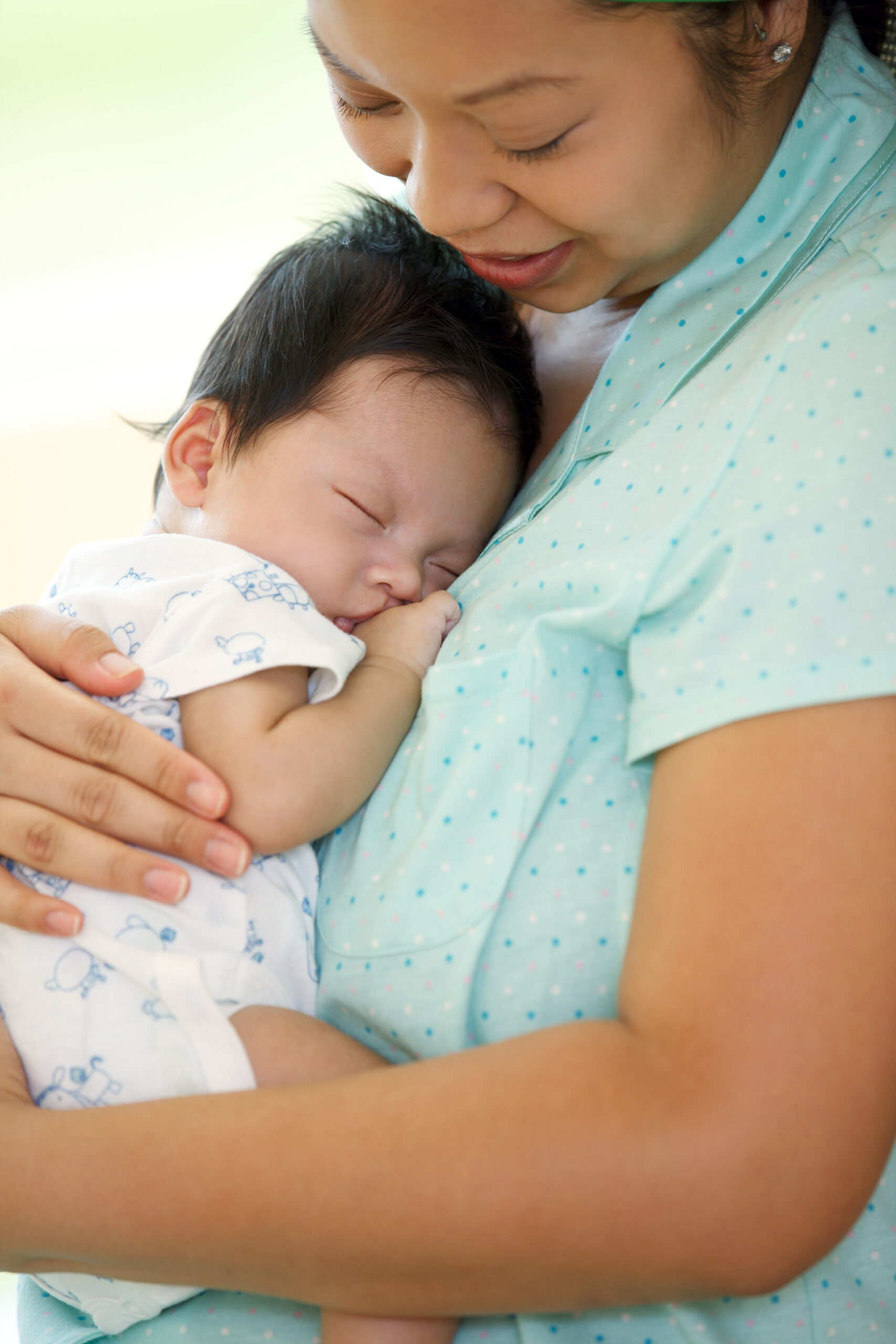If your child has seen a physician and tested positive for a food allergy, make time to talk with your child’s doctor. A physician will be able to educate you on the specific foods your child reacts to and how to manage the allergy. Everyone in your child’s life, including school administrators, parents of playmates, and any caretakers, should know what to avoid and what to do if there is an accidental exposure.
Completely eliminating the offending foods from your child’s diet is the first step. Then make sure caregivers know how to treat a reaction if you’re not available. Many children are prescribed epinephrine auto-injectors, which can reverse the symptoms of anaphylaxis (in which the body overproduces chemicals that cause blood pressure to drop and airways to narrow). However, 911 should still be called after epinephrine is administered. Always have antihistamines on hand, too, though epinephrine should be the first-line treatment. It’s best to work with your child’s physician to figure out a plan for an allergic reaction.
Preventing Allergic Reactions
The key to preventing an allergic reaction is to know your ingredients. You will need to know what’s in packaged foods, so learning to read food labels should be at the top of your to-do list.
If you’re going out to eat, mention your child’s food allergy to your server and ask if any of those ingredients are used in the kitchen, which could cause cross-contamination.
Making safe meals at home, by carefully reading food labels and using fresh ingredients, can help you avoid these kinds of concerns. Don’t share utensils or kiss your child if you’ve eaten something your child is allergic to. And believe it or not, what your child is allergic to can show up in other items, like toys (wheat is in Play-Doh, for example), so be sure to check the ingredients anywhere you can.
To learn more about diagnosing and treating food allergies or hear a podcast about managing allergies, click here.



